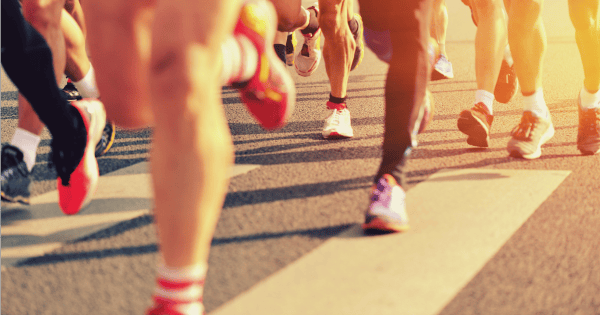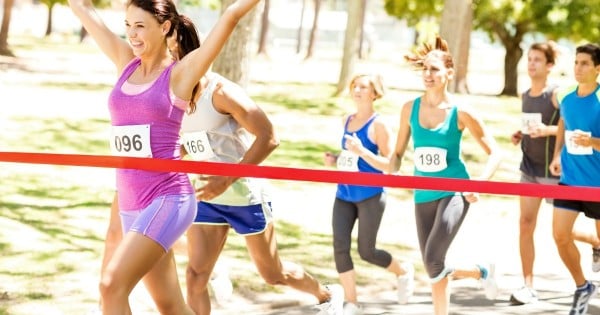
These change-your-life running books promise such a simple narrative: start to run and everything will be, in the words of ’70s running guru Thaddeus Kostrulaba, ‘wonderfully changed’. For me, it wasn’t quite like that. I might have been a surprisingly easy convert to running, and I certainly enjoyed it, but I didn’t suddenly unlatch myself from my bad habits.
I wanted to keep doing the things runners aren’t supposed to do: binge watch box sets, drink martinis, blow afternoons in bars, smoke on balconies, lose track of time reading and wake up in a haze. I made pledges that I’d drink no more than one glass of red the night before a long run, and then broke them. Still, I kept running, and the world began to seem kinder.
Of course, the kindness in my world wasn’t solely a by-product of running. By the time I started to travel regularly and for longer stints, my sisters had grown up. Even my tiny nephew and nieces were getting bigger. By the time I started to run, the administrative catastrophe of my parents’ estate had finally been put to rest. (Watch the Paper Tiger team demonstrate a quick legs exercise. Post continues after video.)
It had taken so long to settle the paperwork that when we sold the family home, eight years after Mum and Dad died, the window frames and architraves were clogged with cobwebs. There were jars of spices turned to dust and swollen tins of tomatoes and pears still in the cupboards; half-filled notepads, diaries and leaking pens lay scattered on the kitchen bench.

